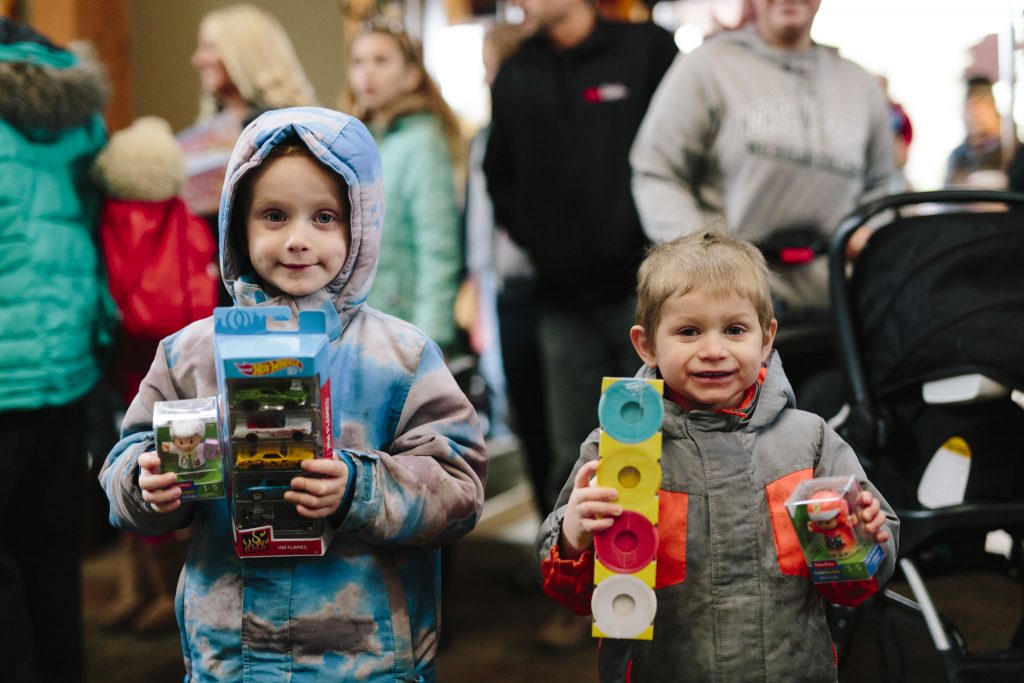
We don’t care about the numbers – we care about the people
Let me tell you a story –
About a boy in school who looked at a book and just saw a jumble of letters and numbers.
That boy was called slow and stupid.
That boy was me.
These were the words I recently used to start a radio script about dyslexia awareness. While researching this script I found out that 43.5-million Americans are dyslexic. And what I came to realize is that, unless you have dyslexia – you don’t care that 43.5-million Americans have dyslexia. 43.5-million is a big number but we really have no concept of how big it is. We just know it’s big.
We often spend a lot of time swimming in numbers. It could be a dollar number that we need for the rent payment. It could be a horsepower number on the new car you want to buy. It could be a financial goal that results in a commission at work.

Generally it’s really tough to care about numbers. But it’s really easy to care about people. With the dyslexia radio script we don’t care about 43.5-million people, but we can care about a boy that is called names because he can’t read. That’s why I felt it was important to tell his story. And the story in that script was based on a real boy I knew. That boy grew up to be a successful firefighter and EMT. He overcame his inability to read and has become a trainer of other firefighters. It really is a great story of a young man who overcame a personal adversity to become a success.
Telling a story can often be the best way to get someone to care about someone else or about an issue.
That became crystal clear to me several years ago while working with the northern Michigan Toys for Tots campaign. The campaign is all about numbers. We need to collect over 20,000 toys to help over 7,000 kids in a five-county region so they can have a great Christmas. I’ve told that story for the over 20 years that I’ve worked on the toy collection program. The community responded and met those needs every year.

But the real importance was not in the numbers. It was when a lady pulled up to one of our toy collection events in a rundown, rusted out minivan to proudly make a donation. When she opened the hatch it was packed with toys she proudly wanted to donate. This woman gave me a big bear hug with tears coming down her cheeks. She told me that last year she needed help from Toys for Tots so her kids could have a great Christmas. But this year she was able to donate toys. She purchased as many as she could afford and it filled the van. The warmth of her hug stays with me to this day. I turned to the other volunteers, relayed her comments and reminded them that this is what Toys for Tots is all about. It’s not about collecting over 20,000 toys – it’s about the impact it has on one person – several thousand times in northern Michigan and millions of times around the country.

Over 650,000 people are expected to be released from jails and prisons in the US this year. Again that’s a big number. But I recently talked to a woman whose son, Tony, is in prison and will soon be released. He’s scared. He never wants to return to prison. But he’s scared that he won’t be able to get a job, to get housing, to have skills that allow him to function outside of prison. Our prison system has a real problem getting public support for the incarcerated. Because prisons are intended as punishment for the crime – if you can’t do the time, don’t do the crime, the saying goes. Unless it impacts you directly, you probably don’t give much thought about the 650,000 people being released this year. But I’m rooting for Tony. I want him to find success outside of prison. I want him to be able to get the skills he needs, to get a job, to find a way to never go back to prison. I’ve only met Tony through the story his mother tells, but it’s enough for me to care.

Stories can be an effective way to advocate for change, to appeal for fundraising, to get support for a cause. Numbers can help reinforce your story. But don’t get caught up in the numbers. Get caught up in the people. Get caught up in their stories.